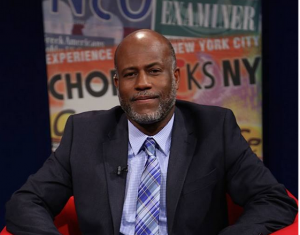News Information
- NEWS_POSTED_BY: Haiti Place
- NEWS_POSTED_ON: Jan 04, 2015
- Views : 759
- Category : Diaspora News
-
Description :
By Garry Pierre-Pierre
The protests that are gripping Haiti seem eerily familiar
- Location : Brooklyn, NY, United States
Overview
In late 2003, shortly before Haiti was to celebrate its 200 years of independence, the opposition at the time declared war on President Jean Bertrand Aristide. They took to the streets almost daily and vowed to remain vigilant until Aristide left power.
By late February 2004, Aristide was indeed ousted and was whisked out of the country by American officials, first to Central African Republic and then to South Africa, where he remained in exile for almost eight years until his unexpected returned to his homeland two years ago.
Aristide’s forced departure left a deeply divided nation and paved the way for the United States Marines and the United Nations’ (UN) forces to occupy the nation. All of it brought to an ignominious end to the bicentennial of Haiti’s independence, which was supposed to be a proud moment for the world’s first black republic.
The country plunged into chaos. Haiti was once again the laughing stock of the world and we unwittingly helped unite the French and the Americans, whose relationship had been chilled because of disagreement on the war in Iraq.
One of the leaders of the protests that ushered Aristide’s ouster was none other than Michel “Sweet Micky” Martelly. He led the faction called GNB in Creole, a choice acronym loosely translated as “Tough Guys.”
